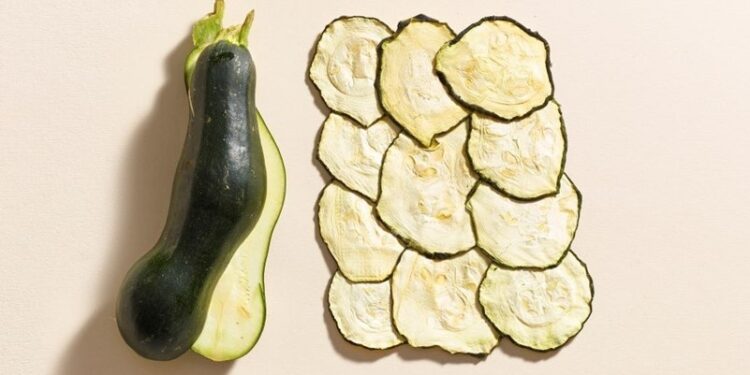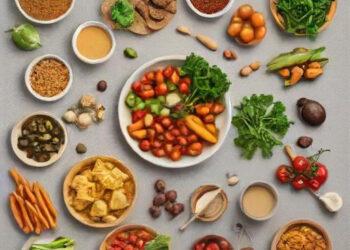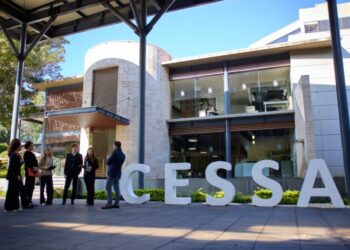-KH News Desk
Food technology startup Anina Culinary Art is introducing a new strategy to reduce food waste and give customers nutrient-dense meals. The business, which capitalizes on the expanding trend of salvaging goods that would otherwise be thrown away and repurposing them into NPD, utilizes “ugly” veggies and transforms them into ready-to-make meals.
Anina creates “meals-in-a-pod” called Anina pods, which are convenience meals made from rejected vegetables from mainstream stores due to their “less-than-perfect appearance.”
“Anina is making a real impact on the food industry by mitigating food waste and turning it into innovative, plant-based products,” says Anat Natan, ANINA’s co-founder, and CEO.
About The Product
A layer of dried fruits or vegetables that forms the outer shell container of Anina pods is created using proprietary technology and a food-grade lamination method. Depending on the recipe, various substances are contained inside the shell.
“ANINA is responding to a growing demand for making the most of unwanted veggies and turning them into something artistic that appeals to the eye and palette,” adds Natan.
Two cups of veggies are contained in each container or 40% of an adult’s daily dietary needs. The meals are quick to prepare and offer easy nourishment.
The company provides three meal selections: pasta primavera, a Mediterranean bowl, and a Vietnamese bowl. Anina claims the product “provides a plant-based meal replete with protein, high in fiber, and free from colorants or preservatives.”
Upcycling trend to combat food waste
The firm claims that 60 million metric tonnes of fruits and vegetables are wasted annually in the US because half of the produce is tossed because it is not “photo perfect” for sale.
Food losses frequently result in lower agricultural revenue and increased consumer costs. Anina is working to reduce food waste by repurposing foodstuff that is not aesthetically pleasing.
“We buy leftover produce directly from farmers. This provides them income for vegetables they usually have to discard,” says Natan.
It is anticipated that businesses would continue to take food that would otherwise go to waste and reuse it. “Upcycling Redefined” was listed as one of the Top Ten Trends for 2022 by Innova Market Insights.
Innova Market Insights found that 50% of customers who lose money had decreased food waste, with 50% reporting substantially worse financial situations and 53% reporting somewhat worse ones. These figures are contrasted to 47% who reduced food waste while maintaining their financial situation and 37% whose financial situation has improved over the past 12 months.
Scientists in Singapore created a method to manufacture a fungi-based food product that thrives on nutrient-rich food waste as a prior breakthrough to minimizing food waste.
Anina’s strategy of reusing rejected produce is on track for expansion to countries that contribute high amounts of food waste. “Following the successful product launch in Israel and the positive feedback we received from US millennials, we are set to bring our products to the US,” concludes Natan.







